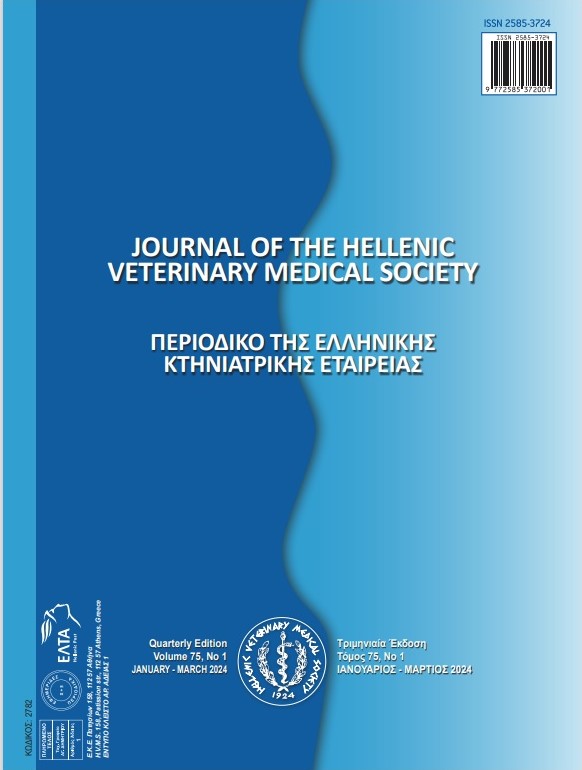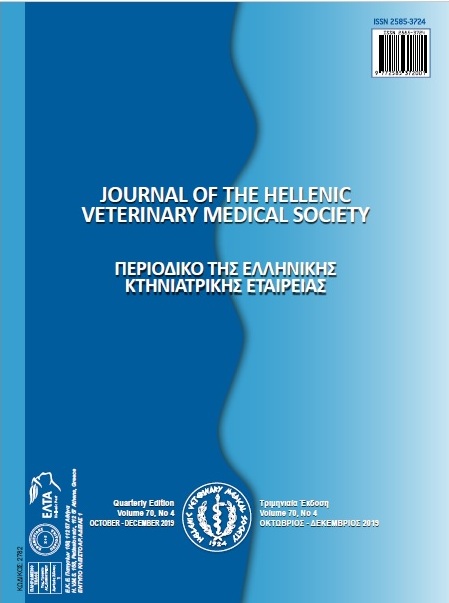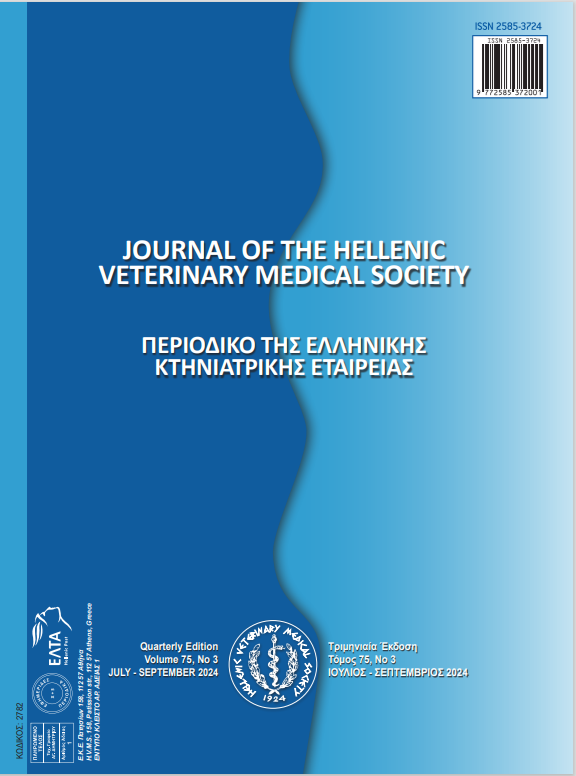The effect of dietary supplementation with natural antioxidants on growth performance, antioxidant capacity and intestinal microbial counts of broiler

Abstract
This study was carried out to determine the effects of different doses of curcumin and resveratrol added to the diet of broilers on growth performance, antioxidant metabolism and intestinal microflora. A total of 200 male broilers at the age of 0 days were used in the study. Groups of the study was designed in 5 groups as Control (CONT), CRM250, CRM500, RSV250 and RSV500, and 0, 250 mg kg-1 curcumin, 500 mg kg-1 curcumin, 250 mg kg-1 resveratrol and 500 mg kg-1 resveratrol were added to diets of the groups, respectively. Body weight (BW), average daily weight gain (DWG) and feed conversion ratio (FCR) values were found to be statistically similar in all groups (P > 0.05) at the end of the study. Feed consumption (FI) values are decreased in the CRM250 and CRM500 groups 28-35 between days, the CRM500 group in 0-42 between days (P < 0.05). It was determined that glutathione peroxidase (GPx) activity in serum was significantly increased in the CRM250 group (P < 0.05), and superoxide dismutase (SOD) activity in thigh tissue was significantly increased in the CRM500 group (P < 0.01). Escherichia coli (E. coli) colonization in the intestinal flora was significantly reduced in the RSV500 group (P < 0.01). As a result, according to the findings obtained, it was seen that the additives applied did not have a negative effect on performance parameters, also had curative effects on antioxidant metabolism and intestinal microflora.
Article Details
- How to Cite
-
Gumus, R., Ercan, N., Özbilgin, A., Moğulkoç, M., & İmik, H. (2024). The effect of dietary supplementation with natural antioxidants on growth performance, antioxidant capacity and intestinal microbial counts of broiler. Journal of the Hellenic Veterinary Medical Society, 75(2), 7441–7450. https://doi.org/10.12681/jhvms.34751
- Issue
- Vol. 75 No. 2 (2024)
- Section
- Research Articles

This work is licensed under a Creative Commons Attribution-NonCommercial 4.0 International License.
Authors who publish with this journal agree to the following terms:
· Authors retain copyright and grant the journal right of first publication with the work simultaneously licensed under a Creative Commons Attribution Non-Commercial License that allows others to share the work with an acknowledgement of the work's authorship and initial publication in this journal.
· Authors are able to enter into separate, additional contractual arrangements for the non-exclusive distribution of the journal's published version of the work (e.g. post it to an institutional repository or publish it in a book), with an acknowledgement of its initial publication in this journal.
· Authors are permitted and encouraged to post their work online (preferably in institutional repositories or on their website) prior to and during the submission process, as it can lead to productive exchanges, as well as earlier and greater citation of published work.




